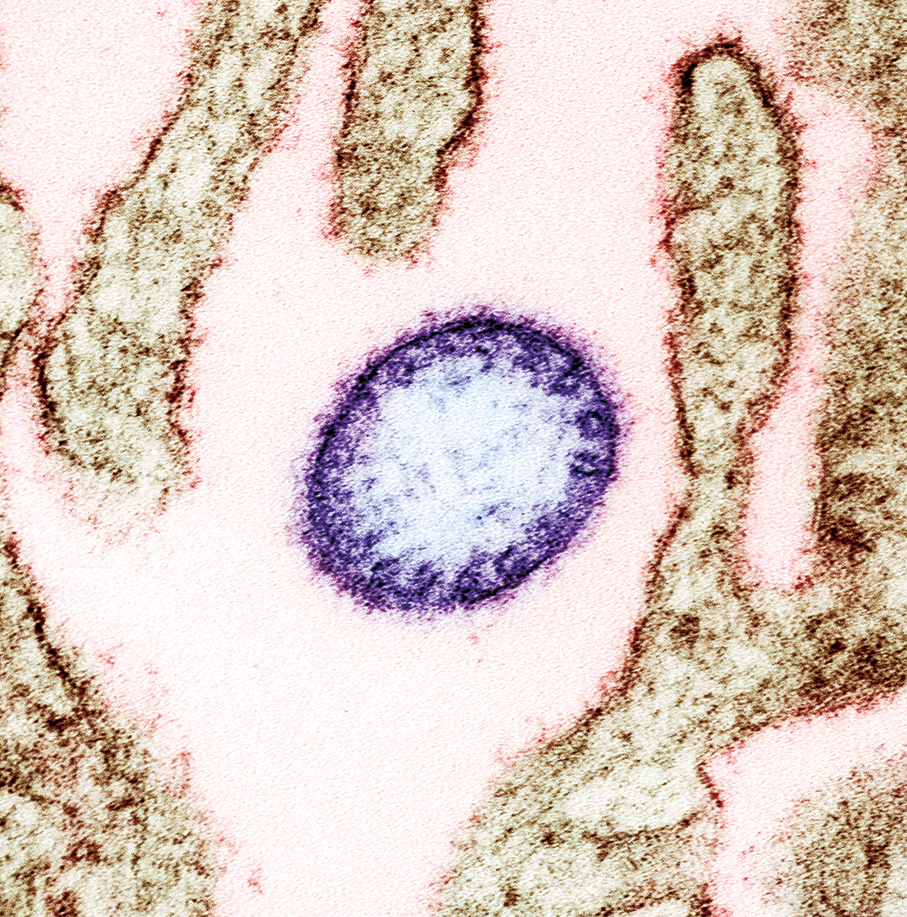Editorial
Some of our readers have asked me over the past few days about post-Trump US-China relations following Joe Biden’s win which, by the way, turned out to be quite narrow.
“Let’s see” has been my standard answer because I am convinced that international relations are fundamentally unpredictable because there are just too many fortuitous factors at play. Chance plays a powerful role in politics.
Asked whether I believed that the relationship between the world’s two economically and politically most important nations would improve soon after Biden’s inauguration ceremony in the US capital on January 20, I replied: “Well, let’s hope so.”
Of course, we must hope for the best because it’s not only in the interest of the Chinese and American people that relations between their two countries get back on a more even keel (well, as even as this is possible in the rather common volatility of international relations), but also in the interest of the rest of the world – including Macau, considering that three of our six gaming operators are headquartered in the US and many people in Macau have friends and relatives living, working and studying in America.
Due to the vital importance of China and the US to the global economy and international relations, one can only hope that their bilateral ties will gradually get better. But we must also be prepared for the worst. Biden made gratuitously uncouth remarks about China and its leaders during the election campaign. Let’s hope that they were just made in the heat of the moment because one of the changes that one would certainly expect from Biden is that his style will be much less bombastic and shrill than his predecessor’s. Needless to say, however, that what eventually matters in international relations is substance, not verbal pomposity.
The outcome of last Tuesday’s election has been a surprise, not just in the US but also abroad, because US pollsters and most American media and many international wire services had predicted a humiliating defeat for Trump and a blowout victory for Biden. Well, neither happened. Amazingly, Trump won seven million more votes than four years ago and garnered more votes (70 million) than any other US president who ran for re-election, confirming the vitality of his (in)famous “base”. Biden won 75 million votes, more than any other US presidential candidate in history, but it certainly wasn’t a landslide. As of yesterday, Biden had won some 51 percent of the popular vote and 290 Electoral College votes, while Trump had garnered about 48 percent of the popular vote and 214 Electoral College votes. The 538 electors in the Electoral College, which will meet on December 14 to finalise the presidential election process, are supposed to represent a population of 330 million. The fact that in the US someone can be elected head of state and government (American president’s double role) without winning the majority of the popular vote is one of the many idiosyncrasies of the American political system. Another peculiarity is that the US doesn’t have a nationwide electoral system but that each of its 50 states and Washington, DC, has its own. That’s probably one of the reasons why in one of the world’s most advanced countries something as simple as counting votes – a basic arithmetic operation – so often ends up in embarrassing organisational hiccups and with litigious consequences. Let’s see whether once again the outcome of a US presidential election will end up in the Supreme Court of the United States (SCOTUS). Well, litigation is a not uncommon part of US politics, and any allegations of electoral fraud should be thoroughly investigated by the proper authorities. That’s Trump’s right – and it would be Biden’s too if he happened to suspect ballot tampering.
Incidentally, US pollsters and most of the so-called mainstream media (excluding, of course, the pro-Trump Fox News) should engage in some serious self-criticism about their wildly wrong predictions about the election outcome. It is also high time for many US journalists to do some soul searching about their profession in the past four years. CNN’s “prime anchor” Anderson Cooper did professional journalism a disservice by describing Trump as “an obese turtle on his back, flailing in the hot sun” after the outgoing president’s controversial remarks about the election results from the White House podium. A commentator can say something like that on air, but not a journalist.
The media will, hopefully, return to the ABC of journalism – striving once more to be accurate, balanced and concise. Regrettably, many newspeople responded to Trump’s frequent attacks on the “fake media” by throwing their expected objectivity overboard and mixing news with views – journalism’s cardinal sin.
Anyhow, let’s wish Biden and vice-president-elect Kamala Harris good luck and all the best, particularly in the fight against COVID-19, social inequality, racism, crime, poverty and a host of other predicaments that Americans are struggling with. And let’s hope that Biden will be able and willing to build a well-mannered working relationship with President Xi Jinping. That’s what world peace deserves. After all, China-US ties are by far the world’s most important bilateral relationship.
– Harald Brüning








